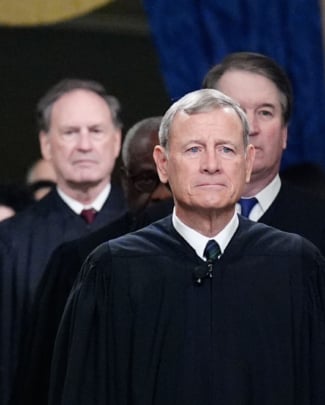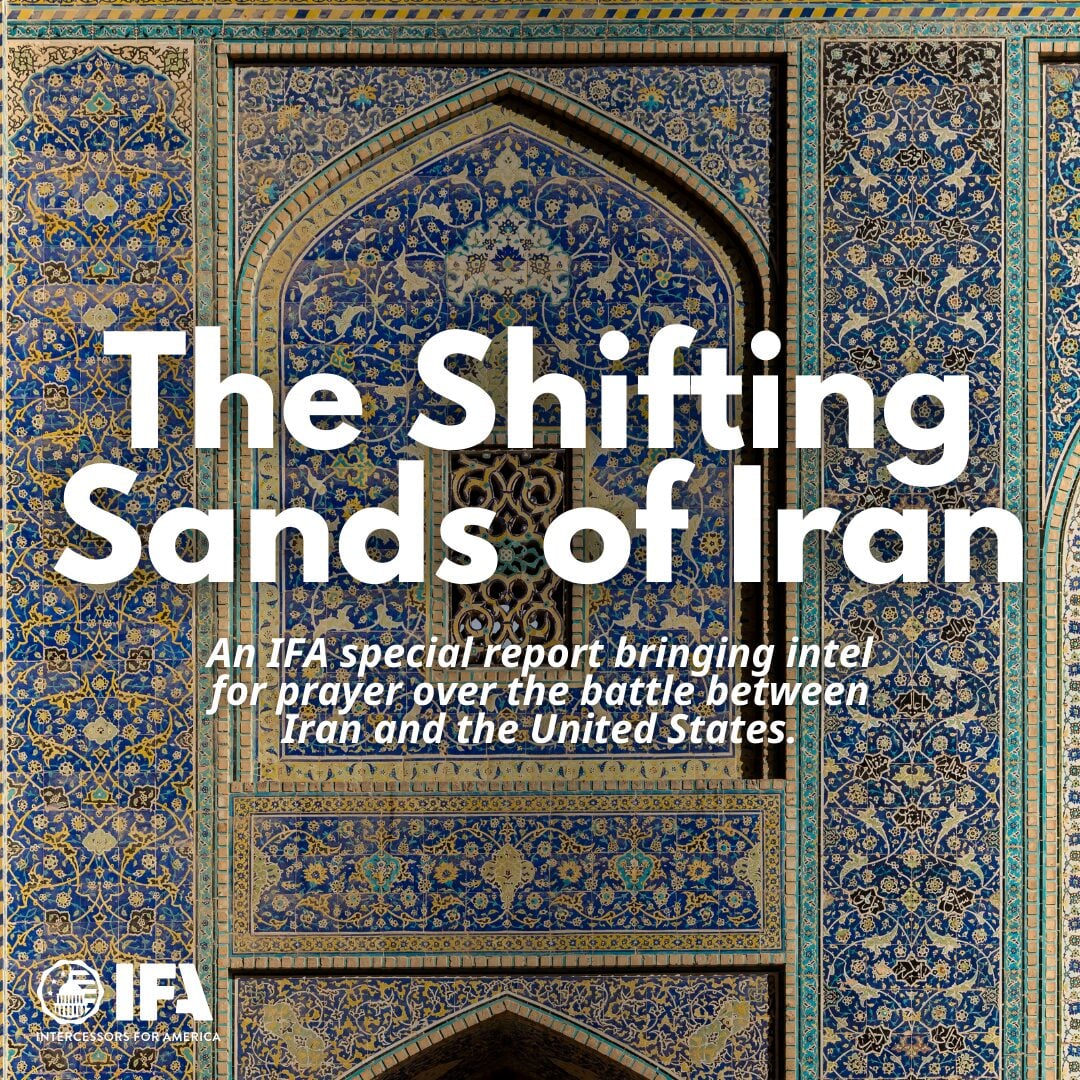MEDIA IGNORES 2 HUGE STORIES THIS WEEK
CHURCHES HELPING CHURCHES CHALLENGE IS AN ANSWER TO PRAYER FOR MANY
WHEN PRAYER TAKES ON A LIFE OF ITS OWN
10 REASONS WHY MUELLER MAY BE UNEASY WITH DOCUMENTS REVEALED
REP JOHN RATCLIFFE CONFIRMED AS NEW DIRECTOR ON NATIONAL INTELLIGENCE
MEDIA IGNORES 2 HUGE STORIES THIS WEEK
For more than a year and a half, the media have gone all-in on reporting every possible angle of President Donald Trump’s alleged collusion with Russia. No story update has been too small, no encounter with a Russian too inconsequential, and no anonymous source too sketchy to generate outsize coverage and histrionic claims from major media.
But as the Russian collusion story disintegrates, another interesting story ascends. Investigations by multiple congressional committees as well as an investigation by the inspector general of the Department of Justice have shown irregularities in the handling of the most politically sensitive probes in recent memory: the investigation into Hillary Clinton’s mishandling of classified information while secretary of State and the investigation into the Trump campaign’s alleged nefarious ties with Russia to meddle in a U.S. election.
These investigations have resulted in the firing, demotion, and reassignment of at least six top officials at the Federal Bureau of Investigation and Department of Justice. And all of those personnel changes were made before even the first official reports and memoranda from these investigations were made public.
In recent weeks, however, some official documents have come to light. These are statements made by elected members of the U.S. government on the record, not selective and political leaks from anonymous sources. So how have the media responded to these official statements regarding wrongdoing? Mostly by downplaying, mocking, and ignoring them.
When the House Permanent Select Committee on Intelligence’s majority memo was made public last week, many journalists highlighted Democratic talking points against it or otherwise rushed to defend the agencies credibly accused of abuse of power. As soon as they could, they dropped the story, despite the dramatic claims in the memo.
Two nights ago, a criminal referral by Senate Judiciary Committee Chairman Chuck Grassley (R-Iowa) and Crime and Terrorism Subcommittee Chairman Lindsey Graham (R-S.C.) was published with far fewer redactions than an earlier version of the referral. The less-redacted letter was significant. For one thing, it confirmed all of the major claims from the House memo authored by Rep. Devin Nunes (R-Calif.) and Rep. Trey Gowdy (R-S.C.).
A Clinton campaign document formed an essential part of the Foreign Intelligence Surveillance Act (FISA) application to spy on a Trump campaign affiliate. The application failed to note that the campaign document was bought and paid for by Hillary Clinton’s presidential campaign and the Democratic National Committee. The dossier wasn’t corroborated so much as taken in faith based on the supposed credibility of its author, even after the FBI discovered he’d violated his working agreement with them. A top Justice official’s wife also worked on the Clinton campaign effort. The official funneled her information into the investigation.
The FBI hid their relationship with the Clinton operation from the court. The principal creator of the dossier revealed that he was “desperate” to keep Trump out of office, and the FBI knew this but didn’t tell the court about his extreme political bias. A news article obviously sourced to the dossier author, Christopher Steele, was presented in the application as separate from and corroborating the dossier.
In addition to supporting the major claims of the House Intelligence memo, the criminal referral also said that Clinton associates — elsewhere reported to be the extremely sketchy Cody Shearer and Sid Blumenthal — funneled information to Steele and he took it seriously, itself completely discrediting for someone working with the FBI.
Grassley and Graham had to fight the FBI tooth and nail to get this memo released with few-enough redactions to serve the public. Grassley accused the bureau of playing a “bureaucratic game of hide the ball.” In short, there were multiple interesting angles worthy of serious — perhaps even breathless — coverage.
Yet Major Outlets Don’t Want to Talk About This
Instead, The New York Times ran a story on page 19 of the newspaper. Its portions about the criminal referral — as opposed to its portions repeating Democratic talking points — could not have been more dryly written or uninteresting. Reporters Maggie Haberman, Sharon LaFraniere, and Michael Shear devoted a total of five sentences in a 22-paragraph story to the Grassley and Graham expose. It ran under the false headline “2 Senators Issue Letter To Support House Memo,” even though the letter was issued in early January, weeks before the House memo was made public. The criminal referral was only this week published with few-enough redactions to make sense of it.
What about at the Washington Post? Their reporters did not write a story about the significantly less redacted letter released Tuesday. A blog post mischaracterized the more redacted version of the letter Monday as a letter written “in an effort to breathe life into the deflating Nunes effort. Unsurprisingly, it’s another big nothing.” It’s not nothing, as coverage of the less redacted letter shows. It confirms the dramatic claims in the House memo, which are anything but deflated. And it was written weeks prior to the House Intel memo. But other than that, great job downplaying.
Certainly Politico covered the dramatically more transparent letter released Tuesday, right? Wrong. I mean, it’s not a scandal if you don’t look at it!
Before we move on to the next big example, let’s look at Washington Post senior political reporter Aaron Blake, who was very upset on January 5 when Grassley and Graham announced the criminal referral of dossier author Steele. That’s when the criminal referral was announced, but we didn’t know why they made the referral until late Tuesday night. Back in January he tweeted that it looked “pretty darn political,” wondered why they made their cover letter public when the particulars were classified, and quoted someone calling it a distraction and “nonsense.” When both the highly redacted and less redacted version of the letter came out this week, however, he was silent.
He did find time to repeatedly throw cold water on the revelations of the House Intel memo, saying it was “laughable” to be concerned about the FBI hiding the fact the dossier was bought and paid for by Hillary Clinton when attempting to secure a wiretap to spy on a Trump campaign affiliate. He said arguments in support of the memo were “tortured.” And he generally tweeted and retweeted critiques of those with a different perspective on FISA abuse than the average House Democrat. . .
(Excerpt from the Federalist. Article by Mollie Hemingway.)
Partner with Us
Intercessors for America is the trusted resource for millions of people across the United States committed to praying for our nation. If you have benefited from IFA's resources and community, please consider joining us as a monthly support partner. As a 501(c)3 organization, it's through your support that all this possible.


We use cookies to ensure that we give you the best experience on our website. If you continue to use this site we will assume that you are happy with it. Privacy Policy




Comments
No comments have been posted yet; you can be the first!